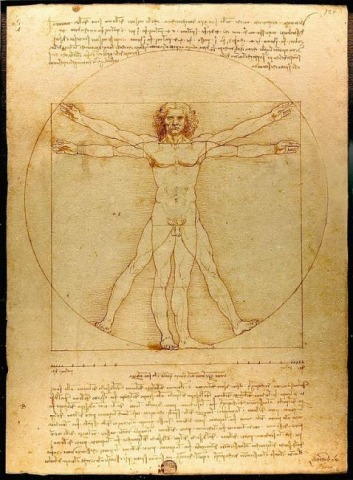
“Man ... is a person -- a spiritual being, a whole unto himself, a being that exists for itself and of itself, that wills its own proper perfection. Therefore, and for that very reason, something is due to man in the fullest sense, for that reason he does inalienably have a suum, a ‘right’ which he can plead against everyone else, a right which imposes upon every one of his partners the obligation at least not to violate it. Indeed, man’s personality, “the constitution of his spiritual being by virtue of which he is master of his own actions,” even requires (requirit), says Thomas, that Divine Providence guide the personality ‘for his own sake.’ Moreover, he takes literally that marvelous expression from the Book of Wisdom: Even God Himself disposes of us ‘with great reverence’ (cum magna reverentia) ... [If] man’s personality is not acknowledged to be something wholly and entirely real, then right and justice cannot possibly be established.
"Nevertheless, even establishing them in this way still does not get at their deepest roots. For how can human nature be the ultimate basis when it is not founded upon itself! ... We must learn to experience as reality the knowledge that the establishment of right and justice has not received its fullest and most valid legitimation until we have gone back to the absolute foundation; and that there is no other way to make the demands of justice effective as absolute bounds set the will to power.
"This means in concrete terms: Man has inalienable rights because he is created a person by the act of God, that is, an act beyond all human discussion. In the ultimate analysis, then, something is inalienably due to man because he is creatura. Moreover, as creatura, man has the absolute duty to give another his due.”
-- Josef Pieper, “Justice,” in The Four Cardinal Virtues